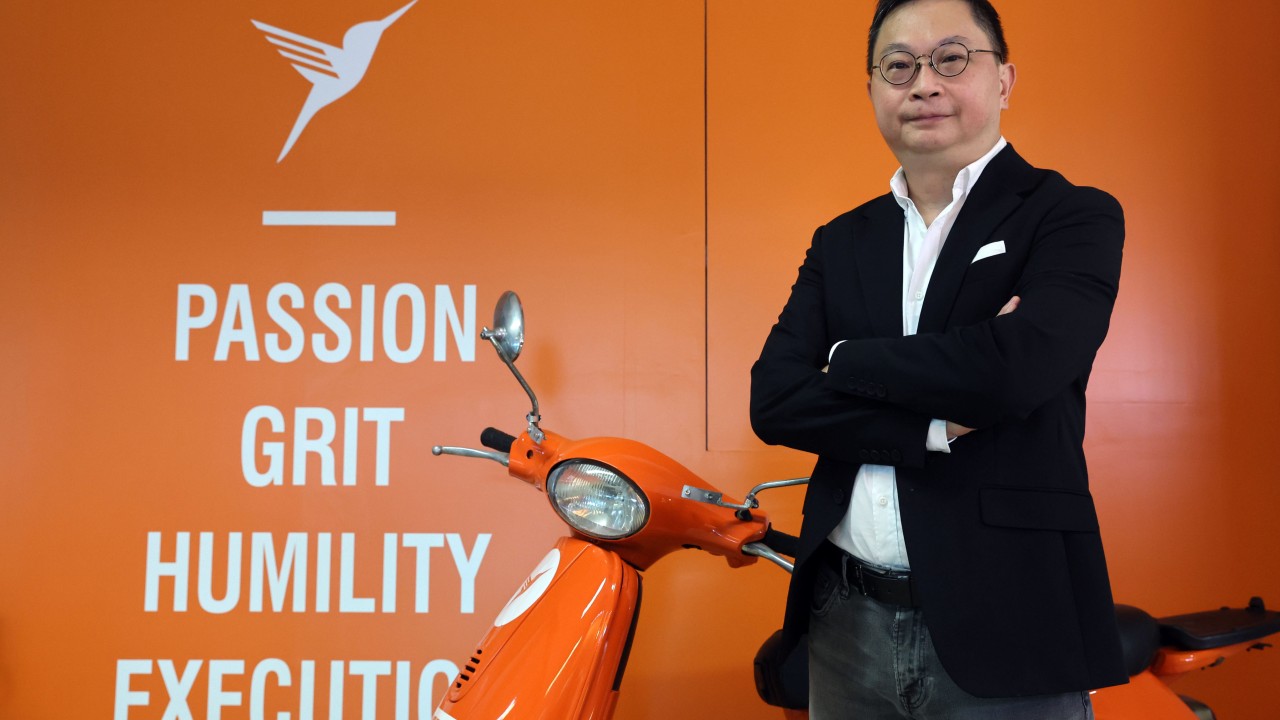
Lalamove, which was founded in 2013, now operates in more than 30 cities across Asia and Latin America.
Companies must be able to localise themselves to market conditions and show local policymakers they are there for the long run, according to Simon Loong founder and CEO of virtual bank WeLab, who spoke on the same panel on Friday.
“Southeast Asian markets have separate jurisdictions, regulations, currencies,” said Loong.
“We spend a lot of time understanding the market and showing to [the local government] that we’re not here to make a quick buck.”
This approach is often referred to by businesses as “hyperlocality”.
“Cross-pollination is important,” said another panellist, Yinglan Tan, founding manager partner at Insignia Ventures Partners. “How can you get the best resources available in the region?”
No one country or market will have the best of every resource, so the best strategy is to tap talent and resources in the neighbourhood that might help you to go global later said Tan.
For example, a company may be headquartered in Singapore, tap engineers from China, find their key market in Indonesia and establish their design house in the Philippines, he said.
“Use the resources around the world to create a global company,” said Tan.
Participants also discussed the importance of creating a competitive but friendly environment among venture capital firms and businesses.
“Not every market is going to be like China,” said William Bao Bean, co-founder and managing director of Orbit Startups.
“[Investors] must take some of those lessons and apply them appropriately in the US or the rest of Asia.”
From the investor perspective, communication between stakeholders is the most important thing, he added.
“We work with regulators and various government ministries looking at what the gaps are,” said Powell.
“Eventually the goal is to build corridors between countries, in order to tap smaller neighbouring markets in the region.”

